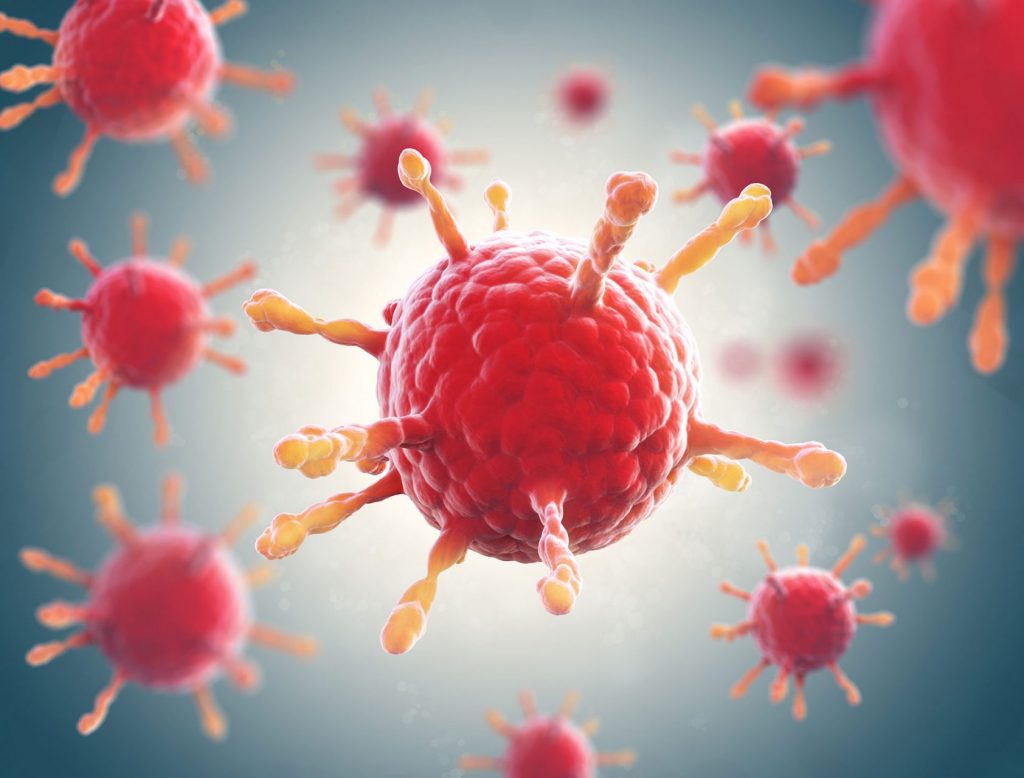The pandemic, which tests the resilience and reactions of our society locally and globally, has brought to the fore dilemmas and concerns. In many cases we have seen different views and beliefs on health issues revealed and made public on a global and individual level. Through the extreme health crisis that was caused, issues of timeless importance related to access to intensive care (age limits, type of diagnosis, ethical dilemmas, geographical peculiarities, manifestation of personal choice, etc.), arose in an experiential, perhaps crude way. Similarly, the distribution of health benefits, saturation and planning of health structures, availability and adequacy of proposed treatments, were also key issues. With a large horizontal incision that penetrates perhaps all of the above and much more, arises the controversy over the possibility and the right of the individual to be able to choose the treatments he accepts and wants to participate. The vaccination process is a case that directly or indirectly involves most of these issues and not unjustly dominates the public debate at this time.
Vaccination, as conception and implementation, is already an achievement of the human intellect, a symbol of the superiority of our species in the struggle for survival. Probably beginning in the 16th century in China and officially in the late 18th century in Western civilization, vaccination was based on the systematic observation of phenomena, the experimental application of specific methodologies and control of results and in the following centuries its spread to more and more diseases. Through the progress of medical research and the development of industrial production in the 20th century, the function of the immune system was better understood and it became possible to prepare and administer vaccines in large quantities so that vaccination would achieve something hitherto unthinkable for medical science: the elimination or dramatic reduction in the incidence of specific diseases.
The principle of operation of the vaccine is based on the controlled exposure of the person vaccinated to an inactivated element of a pathogen, so that the immune system recognizes it as an enemy and activates its defense mechanisms, so that in case of real infection with the active pathogen it shows an immediate and effective response, also known as immunity. Through the mass vaccinations, the phenomenon of “herd immunity” emerged, infamous in the time of the coronavirus. Herd immunity is achieved when a critical percentage of a whole acquires immunity, either natural through disease or induced by vaccination, in which case the pathogen is significantly reduced or even eliminated, as the likelihood of transmission to new individuals is minimized. Apart from the desired eradication of a disease, the meaning and benefit of achieving herd immunity through mass vaccination is that the whole (herd) protects its individual components, even if for various reasons they show immunodeficiency, meaning that they are unable to develop immunity whether they become ill or vaccinated.
The usefulness of vaccines and the contribution of vaccination to the improvement of human health and quality of life are facts with heaps of data capable of thwarting any conspiracy theories or even serious attempts to challenge them. However, just as right and respected is the free personal decision and will of each individual to accept or refuse any treatment. Our views, especially on health issues, should not be determined solely by current events and by easy, quick conclusions. There are indeed many skeptics who oppose the administration of coronavirus vaccines, arguing that their safety and efficacy have not been adequately evaluated, and some accuse drug companies of getting rich and performing immoral practices. On the other hand, bureaucratic procedures, transnational rivalries and a lack of flexibility on the part of regulators would make vaccines available to humanity hopelessly slow.
Beyond the extremes, real conditions have forced an unprecedented, immediate and universal activation of the global research community and pharmaceutical companies to produce new, as safe and effective vaccines as possible in a timely manner and in sufficient quantities. These drugs could only be developed and produced by the pharmaceutical industry, which is responsible for the production of countless other commonly used drugs. This financial and technological investment has no bubble characteristics, the information and know-how created by all this mobilization will be used to promote research in many other medical fields. In the future it is possible to expand the use of vaccines, in addition to infectious diseases, to other categories of diseases. So let us not be dogmatic in matters of health, let us not relentlessly reject the use of vaccines, a well-tried and effective preventive measure. Let neither common sense nor free will be among the victims of the pandemic.
Nicolaos Chavouzis
Pulmonologist – Intensive Care Specialist
Director of ICU Euromedica Kianous Stavros


